By: Apryle Craig
The winter 2014-15 field season is well underway studying the impacts of recolonizing wolves in northeast Washington. Along with their excellent field crew, Justin and Carolyn are trapping deer to be fitted with GPS or camera collars.
I am working on my first field season, setting up giving up density trays to assess predation fear in white-tailed and mule deer in two habitats: wolf-recolonized and wolf-absent. Giving-up densities (GUD) are a common method to assess predation risk relative to patch characteristics. The GUD is determined by setting out feeding trays with known amounts of food for a fixed time and then measuring the amount that remains. The remaining amount or density of food at which the animal or animals decide to leave the box (give up) is an indicator of the level of apprehension or predation risk deer experience in the area.
The winter 2014-15 field season is well underway studying the impacts of recolonizing wolves in northeast Washington. Along with their excellent field crew, Justin and Carolyn are trapping deer to be fitted with GPS or camera collars.
I am working on my first field season, setting up giving up density trays to assess predation fear in white-tailed and mule deer in two habitats: wolf-recolonized and wolf-absent. Giving-up densities (GUD) are a common method to assess predation risk relative to patch characteristics. The GUD is determined by setting out feeding trays with known amounts of food for a fixed time and then measuring the amount that remains. The remaining amount or density of food at which the animal or animals decide to leave the box (give up) is an indicator of the level of apprehension or predation risk deer experience in the area.

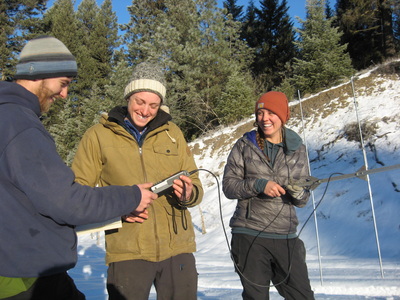
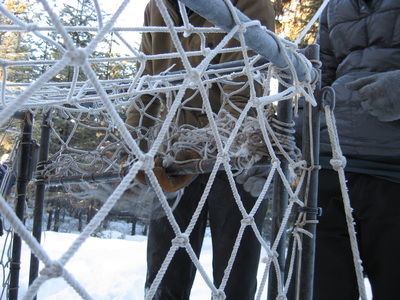
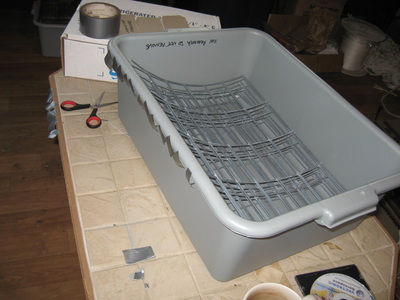
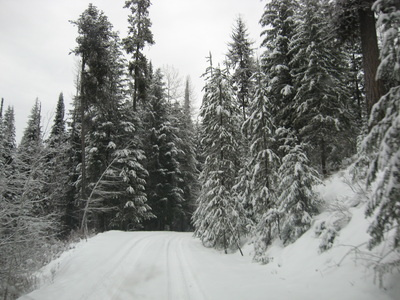
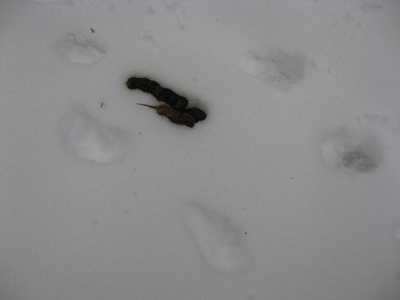
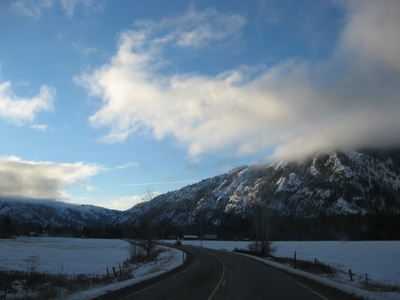
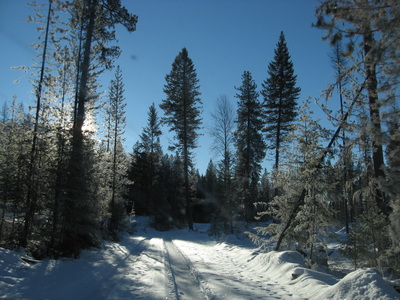
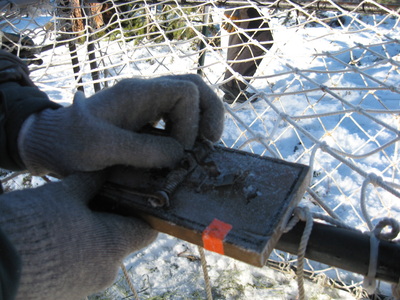

 RSS Feed
RSS Feed